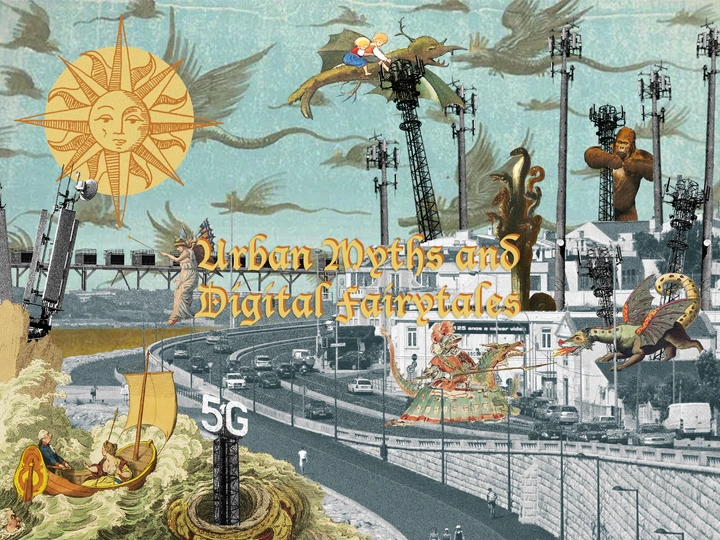Urban Myths and Digital Fairytales.

Allegra Zanirato
Funded in Lisbon in 2020, Cosebelle was conceived as our space to explore the topics that spark our curiosity. While it evolved into a design platform focused on production and interdisciplinary inquiry, it preserves its original spirit: open-ended, collaborative, and playful.
Today, Rebecca is a PhD candidate at Universidade Autonoma de Lisboa, where she plans to expand her research on the agency and role of architectural exhibitions and questioning the relationship between museum spaces and the urban context. In the meanwhile she reads and writes, aiming to be able to balance an academic career and accessible forms of knowledge-sharing. Her previous work at Leiden University explored the impact of tangible and intangible infrastructures in cities through the lens of art practices. Within Cosebelle, Rebecca is the scholar and conceptual lead. Allegra works as a project architect in Lisbon and is involved in exhibition design and object production. This includes a furniture collaboration with design duo Macheia linking traditional weaving with contemporary making, and the exhibition Haven with artist James Newitt. Design driven and detail oriented, Allegra ensures projects move beyond concept and take physical form. She hopes to turn Cosebelle into a full time practice, channeling her production expertise into crafting clever solutions for unexpected problems and make sure every piece of furniture has wheels.
Cosebelle started as a game and became a project. Recognising that the architecture discipline is changing, we respond to this shift with forms of spatial investigation moving beyond traditional architecture production into the realm of exhibition design, installation, inquiry, publications and so on. Drawing from literature, pop culture, and personal histories, we use a inquisitive approach to explore contemporary conditions in architecture and the city, always with a playful twist.
Since the dawn of time, people have created stories to explain what they could not understand. From fire to death, it is intrinsically human to look for answers and, when none are found, forge them. This gave rise to centuries of myths and fables. Fire once belonged only to the gods until Prometheus defied divine law to gift it to men, incurring in eternal punishment. Norse warriors braved battle knowing courage would grant them entry to Valhalla, turning death into a step along the journey rather than the end. Over time, what we do not understand has changed. Death remains a mystery, but we grasp the science behind fire. Still, our coping mechanisms resemble those of our ancestors. When understanding falls short, we turn to familiar narratives and tropes. If science has furthered our comprehension of some phenomena, it also widened the gap between our everyday and the systems supporting it. While cities are experiencing an increase in data architecture, related information is not easily accessible to everyone. This distance fosters public disinterest, leaving many prey to unreliable sources of information and hearsay. This project collects fake news on digital infrastructure and turns them into contemporary urban myths. They will be brought together in an illustrated book of short stories, inspired by Italian children author Gianni Rodari’s Favole al Telefono, and Roal Dahl’s dark humor and smart, slightly twisted takes. Narrative becomes a tool to archive spontaneous, unregulated responses to the systems that shape our world. We see it as a creative act of meaning-making through storytelling that, with tech-driven evolution, forms a history of contemporary society. Linking these made-up stories about digital processes and infrastructure to recurring tropes in fables and myths, we create a playful, alternative archive of technological progress and human imagination, challenging modes of narrating our contemporary world and what we choose to preserve for the future.